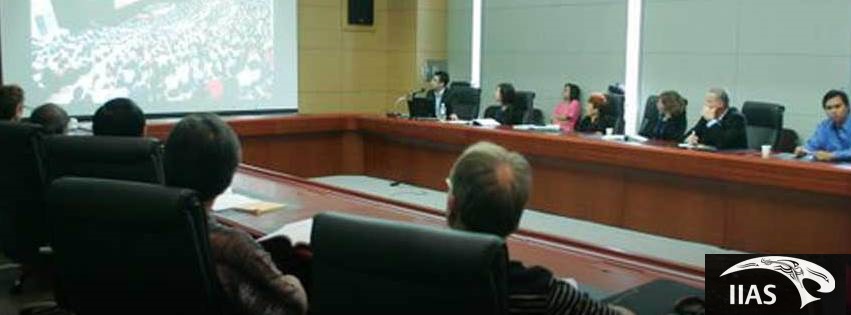
Seminar organized by the International Institute for Asian Studies (IIAS), in cooperation with the African Studies Centre, KITLV, the Leiden University Institute of Cultural Anthropology and Development Sociology, and LeidenGlobal.
In April 1955, delegations from 29 Asian and African countries convened in Bandung, Indonesia, for a major diplomatic conference with the bold intention of outlining the shared futures of Asia and Africa. Formally known as the Asian-African Conference, this meeting brought together leaders such as Jawaharlal Nehru of India, Zhou Enlai of China, Gamal Nasser of Egypt, as well as Sukarno of Indonesia—all of whom sought to participate in the making of an emerging Third World. The echoes of the Conference, organized at a time of rapid decolonization and the Cold War, resonated throughout the world, and continues to do so, particularly among many African intellectuals, while governments of India, China and Indonesia regularly stake a claim on the Conference and its legacy. On the occasion of the 60th anniversary of the 1955 Asian-African Conference of Bandung, a number of Leiden-based institutions will organize a one-day seminar aimed at revisiting this important historical event. By focusing on the historical precedent of the 1955 Bandung Conference as an alternative chronology for situating the past, present and future of Asia and Africa, the Leiden meeting will examine how it may inform us on the current interactions between the two continents, and beyond, and on the continuing aspirations for an alternative ‘southern’ development model.
More information …>>